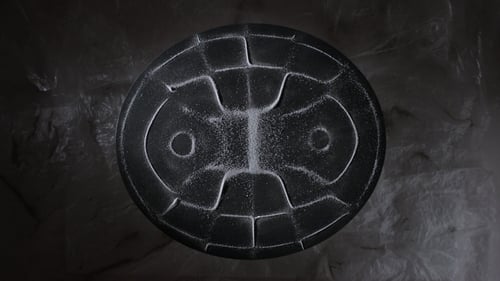
Director
How can we talk about the Shoah? Can it still resonate with new generations? As the last witnesses disappear, will places of memory and history books end up being the only repositories of this past? For one school year, the film accompanies the 9th grade students who, with their history teacher, participate in the "Convoy 77" project by conducting a real investigation to reconstruct the life of a deportee from the last large convoy that left Drancy for Auschwitz.

Sound

Camera Operator

Camera Operator
It all begins with a childhood memory: that day when the father of the future filmmaker Sebastiano d'Ayala Valva forces him to listen to certain music that initially terrifies him; a distant echo from the past that leads him to follow the trail of his mysterious ancestor, the Italian composer Giacinto Scelsi (1905-1988), who claimed that his music was directly inspired by the gods.

Writer
It all begins with a childhood memory: that day when the father of the future filmmaker Sebastiano d'Ayala Valva forces him to listen to certain music that initially terrifies him; a distant echo from the past that leads him to follow the trail of his mysterious ancestor, the Italian composer Giacinto Scelsi (1905-1988), who claimed that his music was directly inspired by the gods.

Director
It all begins with a childhood memory: that day when the father of the future filmmaker Sebastiano d'Ayala Valva forces him to listen to certain music that initially terrifies him; a distant echo from the past that leads him to follow the trail of his mysterious ancestor, the Italian composer Giacinto Scelsi (1905-1988), who claimed that his music was directly inspired by the gods.

Director
Angel, from Ecuador, now lives in Paris where he is known as "Mujeron" (big woman). He used to be a boxer, but now she is a very big prostitute. Five long years have gone by and she has obtained French citizenship; so she decides to go back to South America to visit her family and her friends to whom she has been sending money to live by. Because of her new identity, she will have to face the harsh reality of her country and the lack of understanding from her family members, prejudice from people who used to know her as a man and, worst of all, the false solidarity from those who are in debt with her. For three years Sebastiano d'Ayala Valva followed the moving and disconcerting events in Angel's life. In 2007 she was one of the leading characters in his documentary Transvestites Also Cry presented the same year at the Turin GLBT Film Festival.

Director
Paris. In a small side street, seconds away from the Place the Clichy, two dirty and dingy hotels face one another. Behind their facades, the lives of marginal transsexuals from Ecuador take place. They all work as prostitutes in the Bois de Boulogne. Among them, we meet "Mujeron", (the "Big Woman", in Spanish), a former boxer who chose prostitution and a solitary life in order to survive and help his family back home. We also meet the exuberant and ironic "Romina", who seems to have made her dreams come true thanks to prostitution: a woman's body, a housewife's routine, a small flat and some money. Two parallel existences that are apparently poles apart but will in fact unite in one tragic ending. Both light-hearted and tragic, switching from flirtatiousness to misery, from optimism to fatalism, the story of Romina and Mia balances between joyful complicity and solitary distress.





